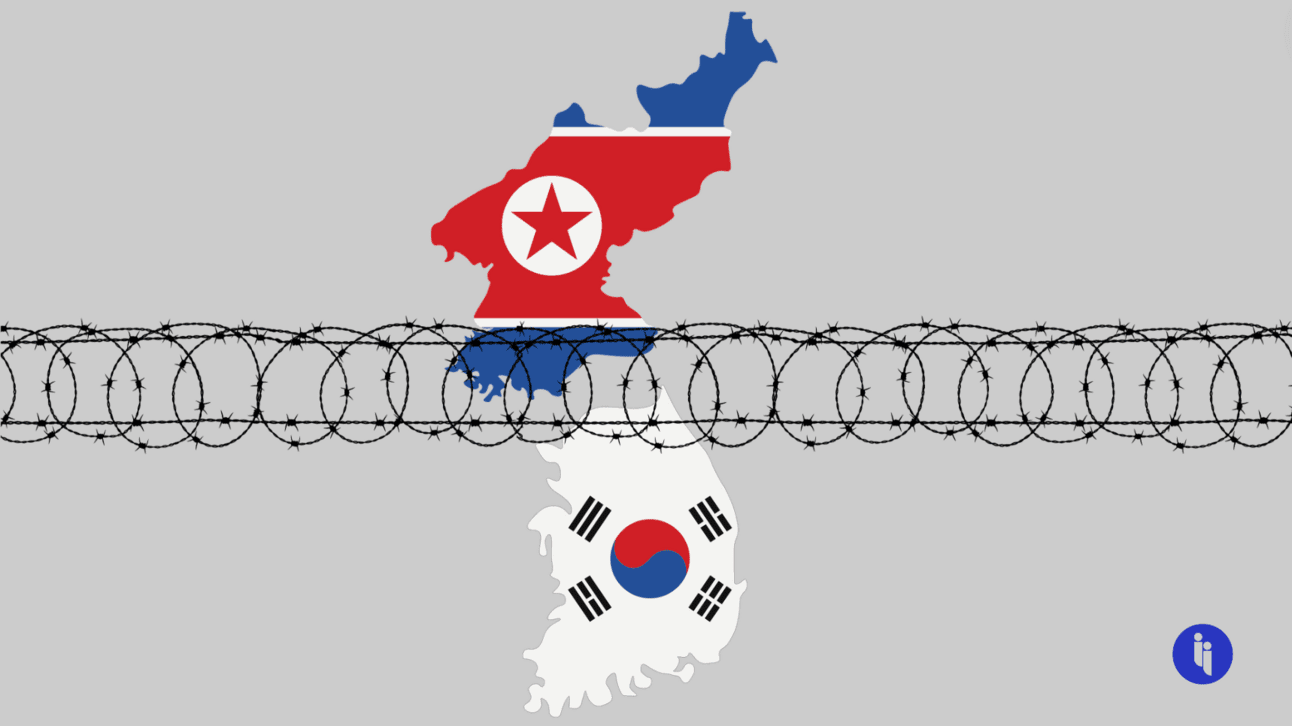South Korea’s lead spy agency confirmed yesterday (Tuesday) that a senior North Korean diplomat based in Cuba actually defected to the South last November, marking the most high-profile such defection since 2016.
Here’s what we know. The diplomat, identified as Ri Il-kyu (52), has worked in the North’s foreign ministry since 1999, serving two postings (both to Cuba).
During his first posting, he negotiated with Panama to release a North Korean vessel caught hiding two fighter jets under Cuban sugar. This apparently earned him personal kudos from the supreme leader himself, Kim Jong Un.
Stay on top of your world from inside your inbox.
Subscribe for free today and receive way much more insights.
Trusted by 114,000+ subscribers
No spam. No noise. Unsubscribe any time.
During his second posting from 2019, Ri worked to prevent the North’s democratic rivals in South Korea from establishing formal ties with Cuba, one of the regime’s few remaining Cold War-era partners.
- Why’d he defect?
Speaking to South Korean media, Ri has cited:
- Growing disillusionment with the regime
- An unfair work appraisal (he says his bosses wanted a bribe)
- Rejection of his request to visit Mexico for medical treatment, and
- The deaths of his parents and in-laws back home (meaning the regime couldn’t threaten them, so had less leverage over him).
Any of the above factors alone would be the stuff of a foreign intelligence service’s dreams, but that sweet sweet combination of them all? Ufff…. 🔥
Also, we couldn’t help but notice that just after Ri defected, Cuba finally did the very thing he was trying to stop: it recognised South Korea. Maybe this timing suggests Ri was just awesome at his job, but it’s more likely he saw this coming and defected before he could be punished (or at least that the South waited until he was safely out before formalising ties).
- How’d he defect?
This is arguably even more intriguing than the why, and it’s shrouded in mystery for security reasons. The one thing Ri has said is that he “bought flight tickets and called my wife and kid to tell them about my decision, six hours before the defection”.
But beyond that, his defection probably involved getting approval to visit some ‘safe’ third country for a holiday, business, or treatment. It could’ve even been a transit through (say) Panama City airport ‘on his way home’.
Once there, he likely linked up with the South’s spies who then helped him disappear with fresh passports. The hardest part will have been hatching all this while still under surveillance back in Cuba.
- What’s he said since escaping?
Defectors from anywhere have incentives to dunk on the place they’ve left, to:
- Justify their drastic move (including to themselves)
- Prove their loyalty and value to their new hosts, and
- Pre-empt efforts by their former regime to discredit them (the North often refers to defectors as “human scum”).
Still, Ri has dropped a couple of bombs: he says two senior ex-colleagues who led failed negotiations with the US back in 2018-19 have since been punished: one (a deputy foreign minister) was reportedly executed in front of fellow diplomats; the other (a foreign minister) was sent to a penal colony.
As for his next steps, the path ahead for Ri and his family is a whole new adventure: there’s a support centre (‘Hanawon’) where defectors are prepped for life in the South. Plus, to add a dash of moral support, South Korea now even marks North Korean Defectors’ Day. The first iteration was actually this Sunday.
INTRIGUE’S TAKE
There’s a reason why Hollywood (and benefiting governments) love a good defection – each one potentially carries all kinds of significance, whether it’s:
- Political: “my system is better than yours”
- Tactical: “my spies are better than yours”, or
- Strategic: “OMG look at these juicy state secrets this defector shared”.
This also means that, collectively, defections can be an indicator of broader sentiment and relative strength: 30,000 folks have defected to the South since the end of the Korean War, but very few have fled the other way.
Also worth noting:
Yes, this story sent us down an absolute rabbit hole of defection tales. Four of the most intriguing examples from the Korean peninsula include:
- Choe In-guk, who actually defected to the North in 2019, following his father (a former foreign minister) who did so back in 1986
- Kim woo-joo, the gymnast who defected South in 2020, then back North again a year later
- ‘Operation Weasel’, which smuggled 20 nuclear scientists out of the North in 2002, and
- Thae Yong-ho, a senior diplomat who defected South in 2016 and then won election to parliament in 2020.
Intrigued? A remarkable documentary about this whole shadowy world premiered at Sundance last year – it’s called Beyond Utopia.









